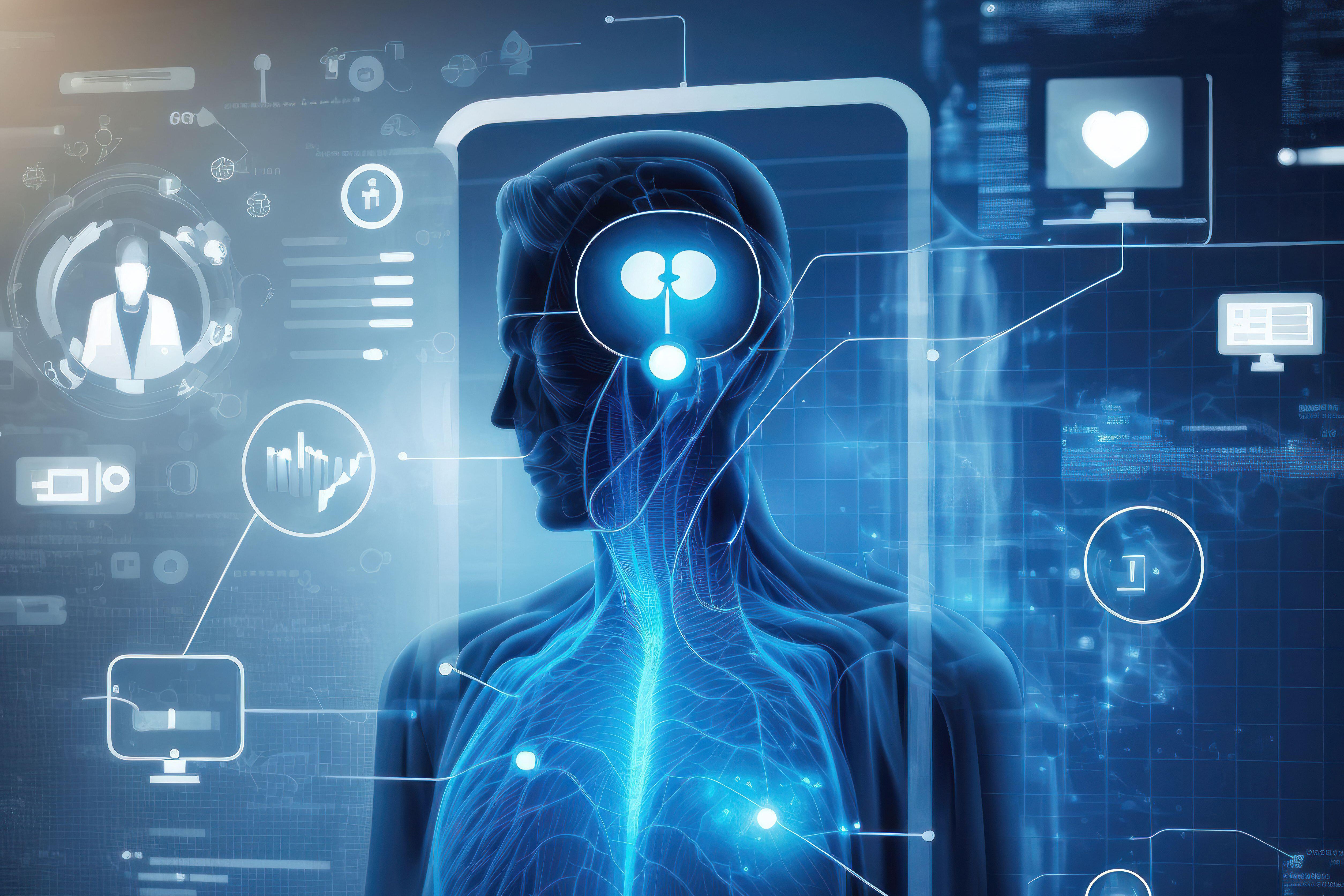
AI’s Growing Role in Enhancing Medical DiagnosticsAI’s Growing Role in Enhancing Medical Diagnostics Artificial Intelligence (AI) is rapidly transforming the healthcare landscape, with one of its most promising applications being the enhancement of medical diagnostics. By harnessing the power of data and machine learning algorithms, AI tools are enabling clinicians to identify, analyze, and interpret medical images, biomarkers, and other data with unprecedented accuracy and efficiency. Image Recognition and Analysis AI-powered algorithms are particularly adept at analyzing medical images, such as X-rays, CT scans, and MRIs. These algorithms can detect subtle patterns and abnormalities that may be missed by the human eye. For example, AI systems have been shown to be as accurate as radiologists in diagnosing breast cancer and lung cancer from mammograms and chest X-rays, respectively. Biomarker Detection and Analysis AI algorithms can also identify and analyze biomarkers in body fluids or tissues, providing valuable insights into disease progression and prognosis. By identifying unique patterns or combinations of biomarkers, AI can help clinicians predict disease risk, personalize treatment plans, and monitor patient response to therapy. Data Integration and Decision Support AI tools enable the integration of data from multiple sources, including medical records, patient history, and diagnostic tests. This comprehensive view of patient data allows AI algorithms to make informed decisions and provide clinicians with valuable guidance. AI systems can suggest diagnoses, recommend treatment options, and predict patient outcomes, assisting clinicians in making optimal healthcare decisions. Benefits of AI in Medical Diagnostics The integration of AI into medical diagnostics offers numerous benefits, including: * Improved Accuracy and Sensitivity: AI algorithms can detect and analyze medical data with greater accuracy than traditional methods, leading to more precise diagnoses. * Early Detection and Prevention: AI can identify subtle signs of disease at an early stage, enabling timely intervention and improved patient outcomes. * Personalized Medicine: AI algorithms can tailor diagnostic and treatment plans to the individual needs of each patient, based on their unique medical data. * Time Savings and Efficiency: AI systems can automate tasks and streamline diagnostic processes, freeing up clinicians’ time to focus on patient care. * Remote Diagnostics: AI-powered platforms can provide remote access to diagnostic services, particularly in underserved or rural areas. Challenges and Future Directions While AI is revolutionizing medical diagnostics, there are still challenges to be addressed: * Data Quality and Bias: AI algorithms are only as good as the data they are trained on. Ensuring the quality and diversity of training data is crucial to prevent bias and errors. * Explainability and Trust: Clinicians need to understand the reasoning behind AI-generated diagnoses and predictions. Explaining AI decisions is essential for building trust and ensuring the appropriate use of AI tools. * Regulation and Ethical Considerations: The use of AI in medical diagnostics raises ethical and regulatory concerns regarding patient privacy, data security, and accountability for decisions made by AI systems. Despite these challenges, the future of AI in medical diagnostics looks promising. Ongoing research and development are addressing these issues, paving the way for even more sophisticated and reliable AI-powered diagnostic tools. As AI continues to mature, it is poised to revolutionize healthcare by enabling clinicians to make more informed decisions, improve patient outcomes, and enhance the overall quality of healthcare.
Posted inNews